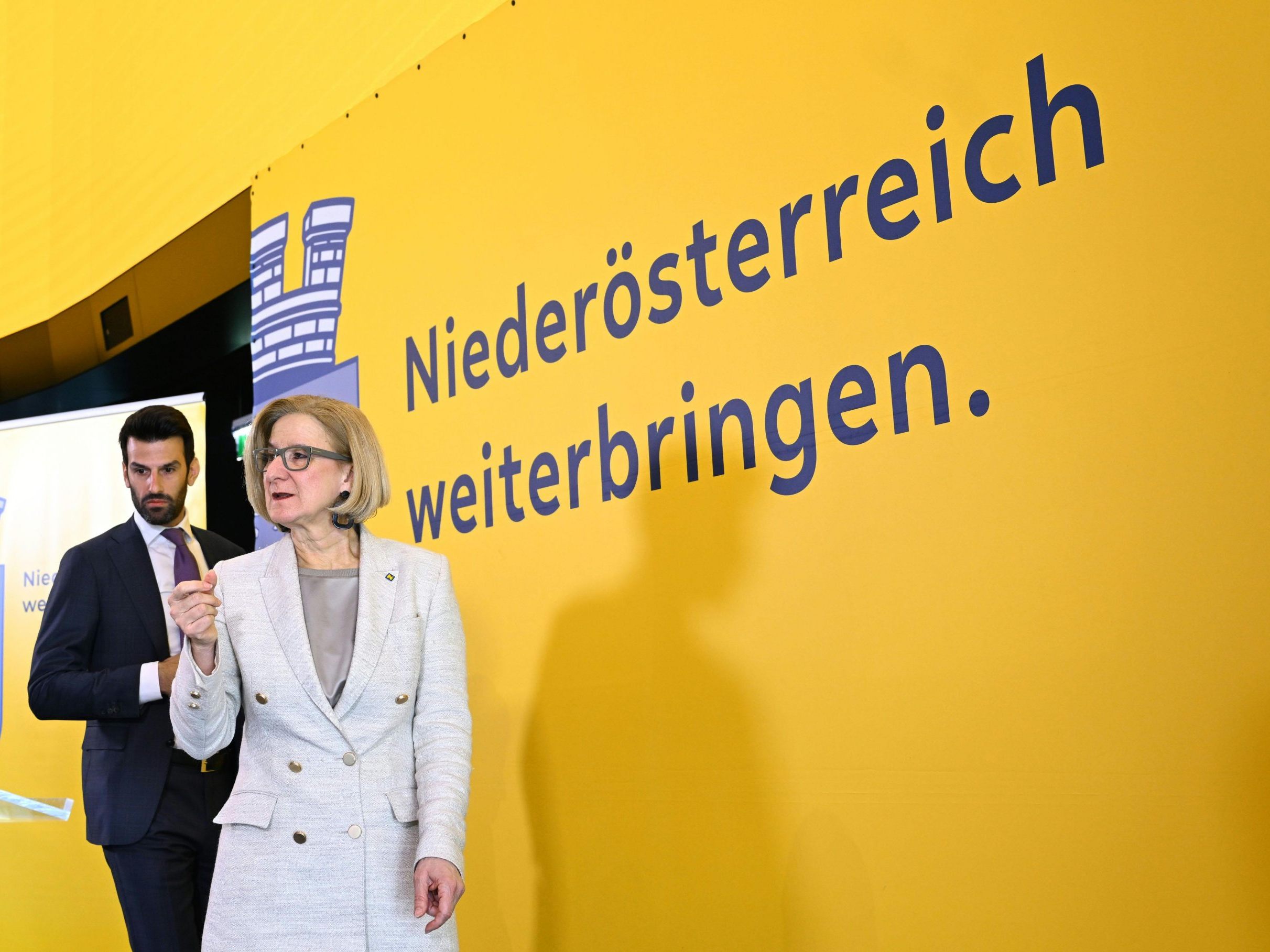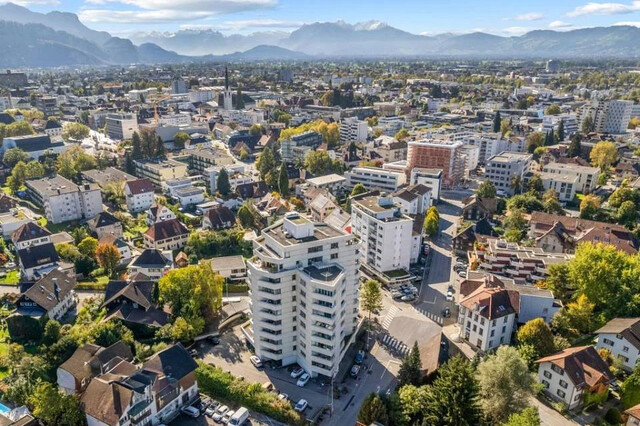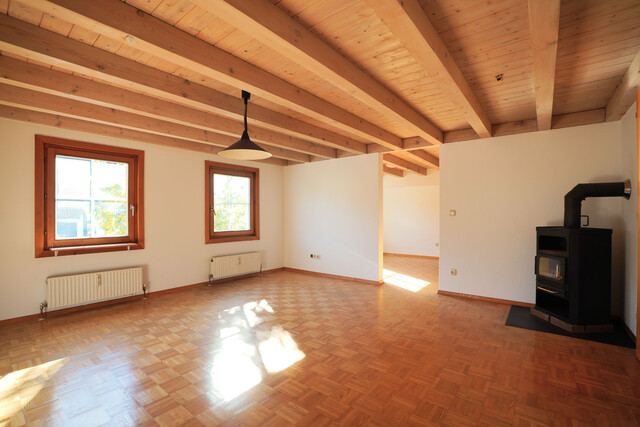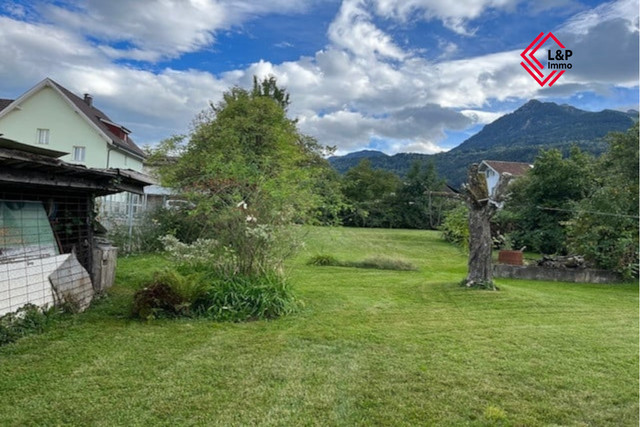This is the political stance on municipal mergers in Lower Austria

The largest federal state in terms of area, Lower Austria, also counts the most municipalities with 573 out of the approximately 2,100 nationwide. Despite budgetary pressures and tight budgets, this will remain the case, according to an APA inquiry. The coalition partners ÖVP and FPÖ rejected renewed municipal mergers as occurred until the 1970s. The SPÖ also sees no necessity for this. The Greens want incentives, while the NEOS are in favor of reforms with the population.
Mikl-Leitner: "Painful Process"
"The painful process that Styria has just gone through," Lower Austria already completed in the 1970s, said Governor Johanna Mikl-Leitner (ÖVP). Before that, the state had more than 1,600 municipalities. Regarding the average size of municipalities, Lower Austria is now in the middle range compared to other federal states. "Where we are top: In administrative costs per inhabitant. Our municipalities are the most economical in the federal state comparison," emphasized Mikl-Leitner.
"To manage economically, we rely on cooperation and collaboration," the governor further explained. "Today, we have a record number of more than 630 municipal associations in the state, where collaboration takes place where it makes the most sense." The local municipality is an important identity factor for many compatriots. "With me as governor, there will certainly be no involuntary municipal mergers," Mikl-Leitner made it unmistakably clear.
Because the municipal council should reflect as broad a picture of society on the ground as possible, an argument for reducing these bodies would not be comprehensible, said the head of the Lower Austrian People's Party. This would make it harder to equally represent women and men, young and old, or as many different professional groups as possible. Furthermore, a significantly larger hurdle would be created for smaller parties to achieve a mandate in their municipal council. Mikl-Leitner also champions the mayors, whom she sees as "doers and problem solvers for the big and small concerns of the residents on site" and as "the great caretakers in the 573 municipalities." "We will not solve the undoubtedly great challenges of our municipalities by saving on democracy."
Landbauer: Costs of Municipal Councils "in the Per Mille Range of Municipal Budgets"
The number of municipalities corresponds to the established structure in Lower Austria, said Deputy Governor Udo Landbauer (FPÖ). Even the smallest municipalities are "the most citizen-friendly institutions in the country." Efficiency results from good administration and not from centralist structural reform. "It is also naturally important to listen to the wishes and needs of the citizens," said Landbauer. If a merger is desired, it should be clarified with a referendum according to the Lower Austrian municipal code.
According to Landbauer, the costs of municipal councils are "in the per mille range of municipal budgets." The sum of the expenses is not proportional to the required resources for caregivers and kindergarten staff. Austria could afford enough such personnel "if the government had not thrown billions out the window during the corona crisis and with climate hysteria. The same picture, by the way, with the billion expenditures in the asylum sector: There must be cuts, then there is money for Austrians, for families, and for pensioners," emphasized the FPÖ state party leader.
SPÖ: "Immutable Part of the State Identity"
The SPÖ sees the municipalities as an "immutable part of the state identity." There is no need to change anything from the state's side, explained the state party chairman, State Councilor Sven Hergovich. It would also be wrong to save money precisely on democracy. The municipal councils, as the direct representation of the local population, enjoy high trust and are "often much more cost-effective and efficient in carrying out tasks than other levels of politics," said Hergovich. "The general disillusionment with politics cannot be combated by weakening democratic representation, but only by strengthening local representations."
The financial problems of the municipalities must be solved sustainably, continued the SPÖ state leader. "This requires a fundamental dialogue with the municipalities at the federal and state levels. Only strong municipalities can shape the immediate living environment of the people in the state."
The municipalities must be supported in tense times. "This can be done with incentives, but also with consultations," said Helga Krismer, state spokesperson for the Greens. "It could be calculated that with a higher number of residents, there are more financial resources from the federal government." There should also be more incentives for administrative associations or larger school units. The goal must be to carry out tasks efficiently for citizens. According to Krismer, it is about "having clear responsibilities for kindergartens, schools, cultural institutions, etc., in the state. Too much money is being transferred back and forth, where every booking line costs." An administrative reform is therefore "more urgent."
NEOS Want "Reform Process with Public Participation"
Because municipalities are increasingly lacking the money to tackle the many challenges, the NEOS advocate for a "reform process with public participation," "to promote voluntary municipal mergers and cooperations instead of imposing them on people," said state spokesperson Indra Collini. "By organizing tasks together and sharing the effort, municipalities can become efficient, citizen-friendly, and capable again." Additionally, the pressure on mandatory expenditures decreases, freeing up financial leeway for what is truly important to people - childcare, playgrounds, or revitalizing the town center.
Even a reform of the municipal code and the city rights organization law to abolish non-executive city councilors would save costs that would benefit the citizens, said Collini. "For us NEOS, it is obvious that structural reforms are needed. However, they must not be imposed on people." The Pink Party is therefore in favor of a transparent and openly designed reform path that not only informs citizens but actively involves them.
(APA/Red)
This article has been automatically translated, read the original article here.
Du hast einen Hinweis für uns? Oder einen Insider-Tipp, was bei dir in der Gegend gerade passiert? Dann melde dich bei uns, damit wir darüber berichten können.
Wir gehen allen Hinweisen nach, die wir erhalten. Und damit wir schon einen Vorgeschmack und einen guten Überblick bekommen, freuen wir uns über Fotos, Videos oder Texte. Einfach das Formular unten ausfüllen und schon landet dein Tipp bei uns in der Redaktion.
Alternativ kannst du uns direkt über WhatsApp kontaktieren: Zum WhatsApp Chat
Herzlichen Dank für deine Zusendung.








